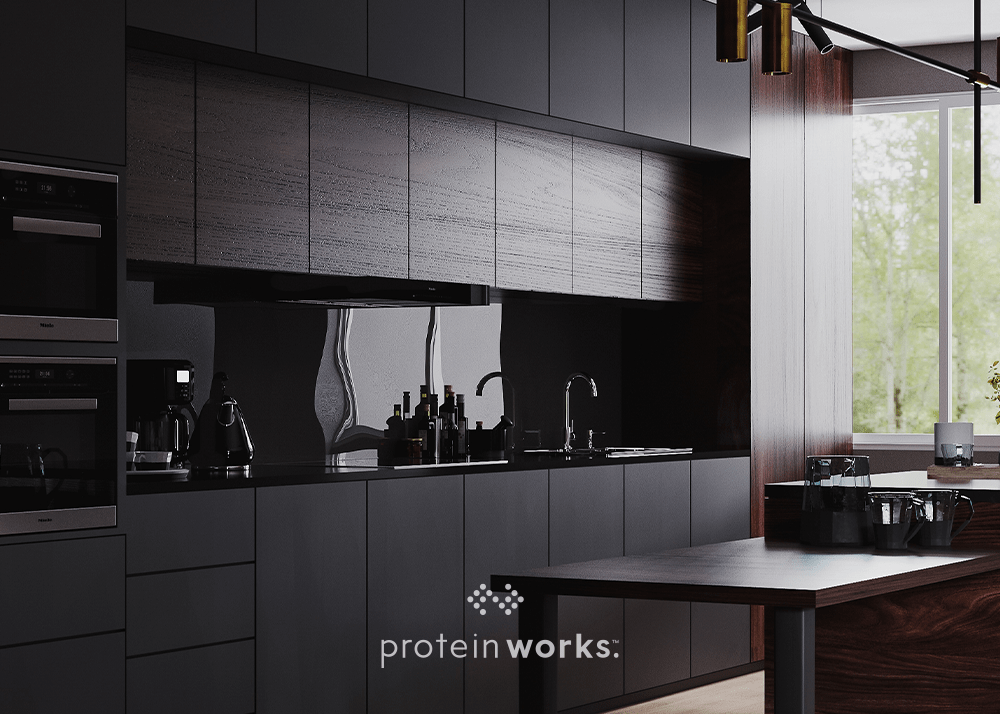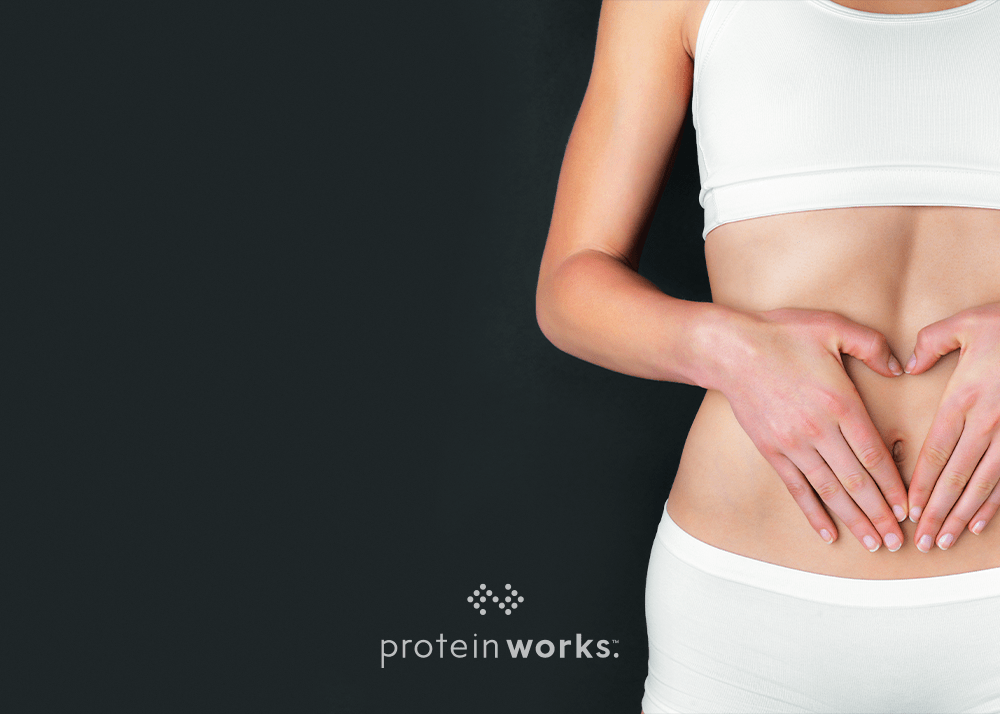
Why the kitchen is the new bedroom
Move over candlelit dinners and bedroom rendezvous, there’s a new intimacy hotspot in town: the kitchen.
According to a our recent survey home-cooked meals (46%) and meal prepping (31%) were the top 2 most commonly adopted habits that couples pick up from each other. But beyond the nutritional benefits and time-saving perks, there’s something deeper simmering under the surface: connection.
Nutritionist Kyle Crowley and a top relationship coach, Gemma Nice, unpack why cooking together is the ultimate recipe for both wellness and connection.
Home cooking: The secret ingredient for better health and deepened connections, says experts
When asked which wellness habits people took up due to their partners, almost half of those surveyed (46%) said they started cooking at home, helping couples feel both physically and emotionally stronger.
Nutritionist, Kyle Crowley, explains: “Home-cooked meals are typically more nutrient-dense, portion-controlled, and significantly lower in processed additives than a takeaway. You’re choosing whole ingredients, reducing excess salt and sugar, and supporting everything from heart health to digestive balance.”
The survey also found that 71% find their partner more attractive when they eat well or exercise, making the benefits of home cooking go far beyond the plate. We sought the expertise of Gemma Nice, a multi-award-winning Sex and Relationship Coach, who adds insights into this increased attraction:
“When we are in the kitchen together, it gives us a sense of purpose and connection. We’re away from distractions, focused on creativity, communication, and shared goals. Sometimes cooking is a love language as it can be seen as acts of service.
“Chopping and seasoning food side by side helps build intimacy and a playful dynamic. Cooking in the kitchen together, where the room is often tight, becomes more like a dance. You move around each other, creating space, communicating non-verbally. It’s rhythm, trust, and connection all rolled into one.”
Meal prep acts as a communication tool in relationships, strengthening both your body and heart
Over 31% of survey participants said they started meal prepping because of a partner. While it’s often seen as a time-saver, the health and relationship impacts are significant.
Kyle explains: “Meal prepping supports consistent healthy eating, reduces reliance on last-minute processed meals, and helps regulate energy throughout the week. It’s a simple but powerful way to stay on track with your nutritional goals.”
Meanwhile, the emotional side of prepping together adds another layer of connection, as Gemma explains:
“You’re learning to communicate by making decisions, listening to instructions and adjusting plans. You get to see how your partner handles stress, like burning a sauce or forgetting an ingredient, and support each other through it.
“When couples are stuck in an argument, I tell them to cook. It breaks the tension, forces communication, and helps them reconnect in a more grounded, physical way. You’re focused on a shared task and that can be incredibly healing.”
The science of kitchen connection and sensual senses
Research supports what couples already feel: cooking and eating together leads to stronger relationships and greater happiness.
A World Happiness Report study led by UCL found that sharing meals boosts life satisfaction [1], while other research showed couples who cook together report greater relationship satisfaction, thanks to improved communication and collaboration [2].
Gemma adds: “Cooking is so underestimated as a love language. Blindfold taste tests, feeding each other, describing flavours – these are playful, intimate ways to reconnect, as they build emotional closeness through sensory memory.
By opening up space for reconnection, cooking also helps release feel-good hormones like serotonin and dopamine.”
Where nutrition meets intimacy
Whether it’s prepping lunchboxes on a Sunday or playfully competing over who makes the better sauce, cooking becomes a ritual that boosts both physical well-being and emotional closeness.
Kyle concludes: “Good nutrition doesn’t need to be complicated. Home cooking and meal prep are two of the most effective ways to take control of your health, and they work even better when shared. So next time you’re debating what to do together, skip the screens and step into the kitchen. It might just be the most nourishing part of your relationship.”
And as Gemma reminds us, don’t forget to stir in a little fun:
“Messing around with bubbles when doing the dishes, feeding each other bites and even cooking in nothing but an apron, all helps keep the spark alive. Cooking can absolutely be sensual and creative. You’re not just making food, you’re making memories.”
Sources:
[1]:https://www.ucl.ac.uk/news/headlines/2025/mar/sharing-mealtimes-others-linked-better-wellbeing#:~:text=People%20who%20share%20more%20mealtimes,for%20the%20World%20Happiness%20Report.
[2]:https://nsuworks.nova.edu/cgi/viewcontent.cgi?article=1046&context=shss_dft_etd





